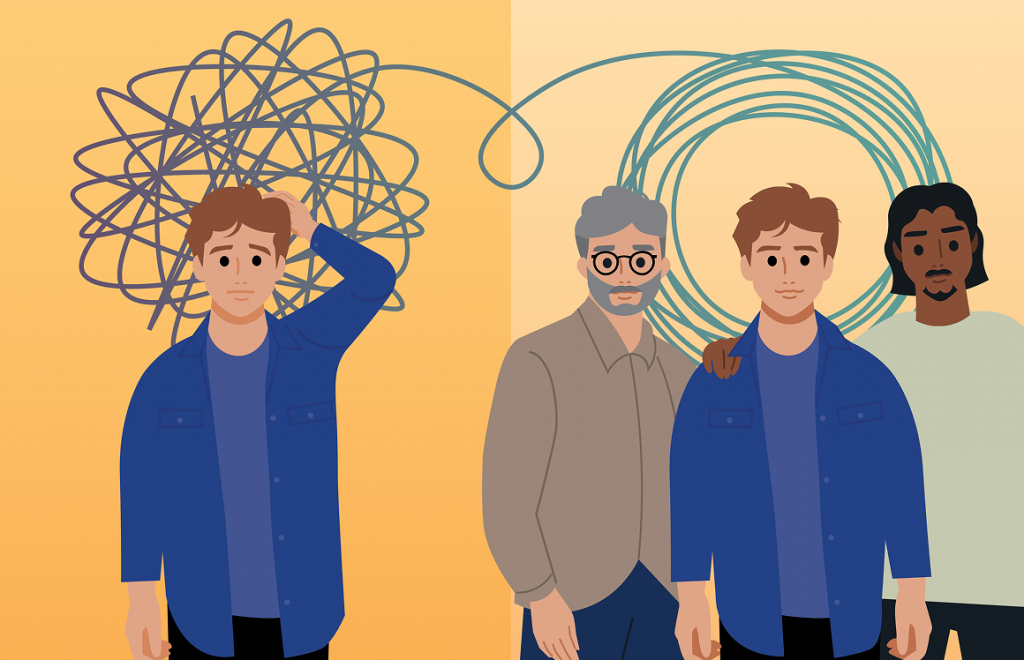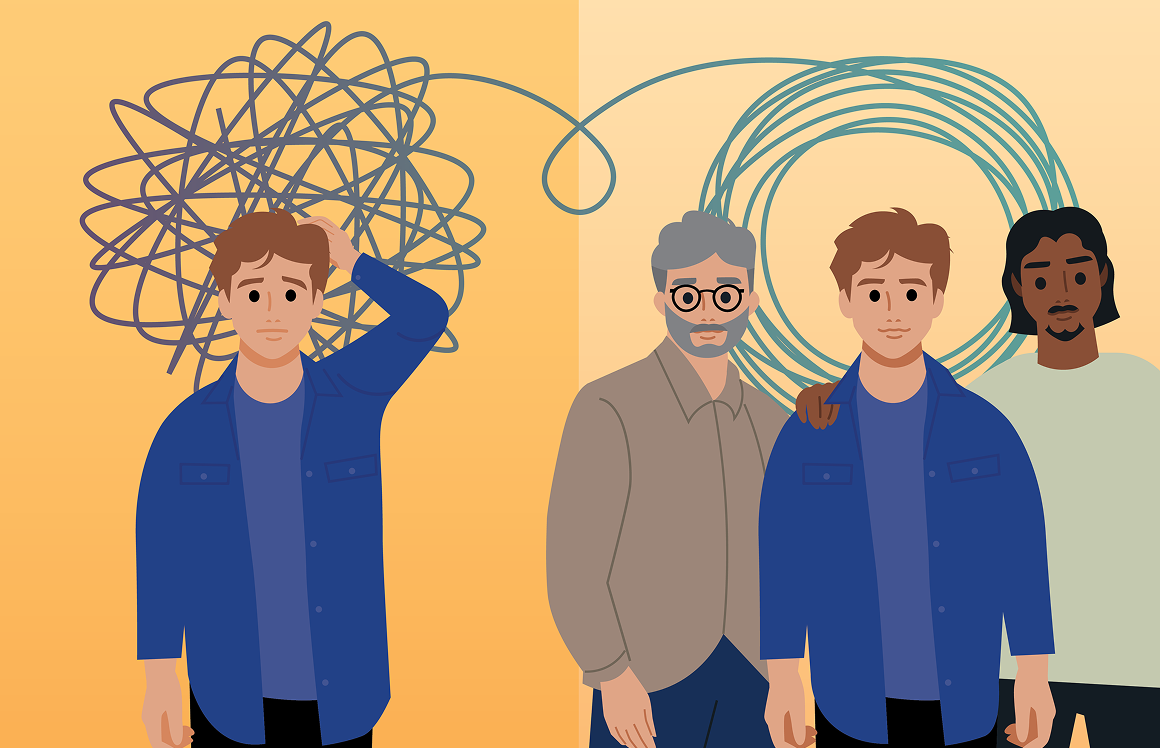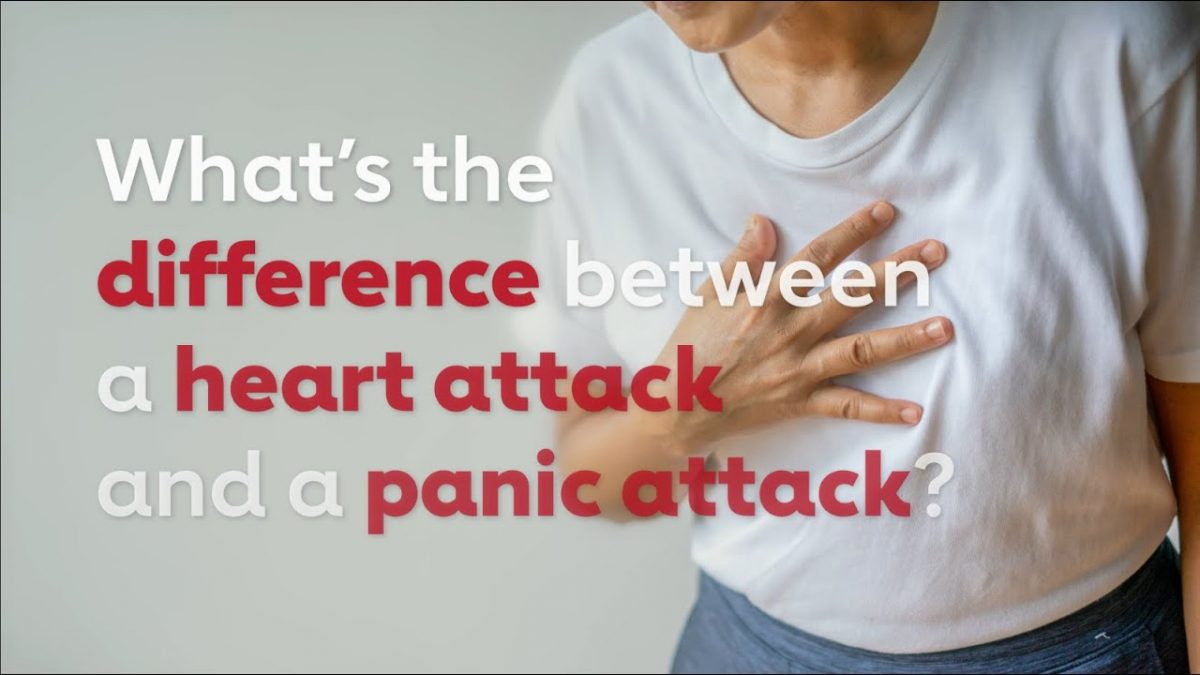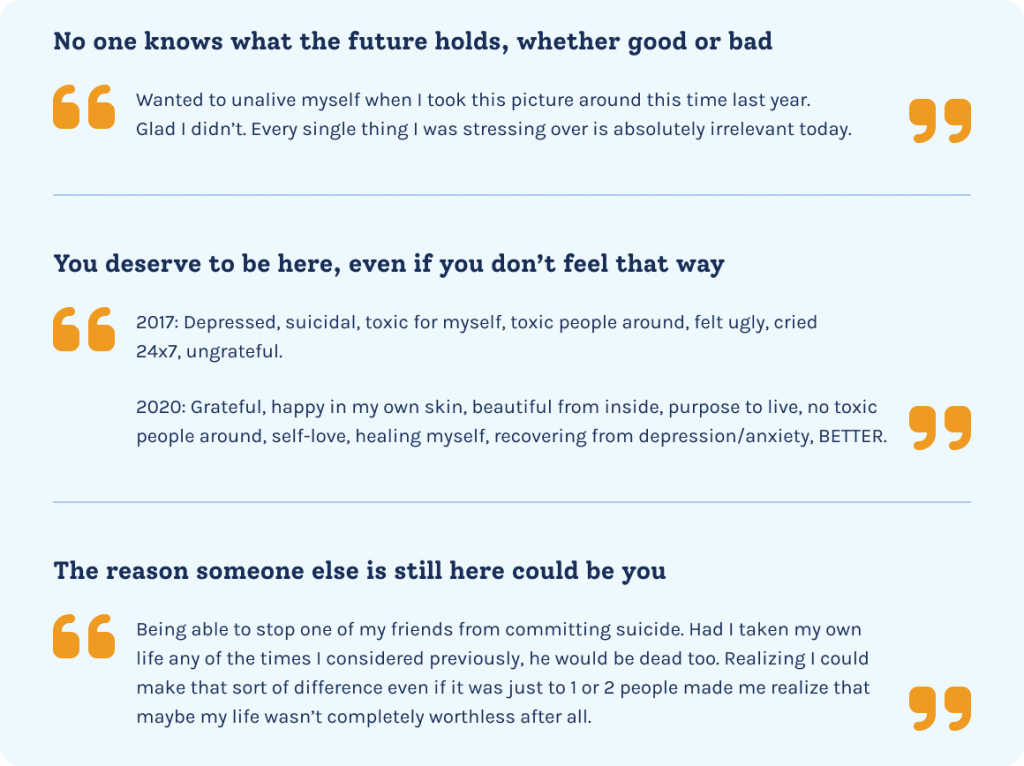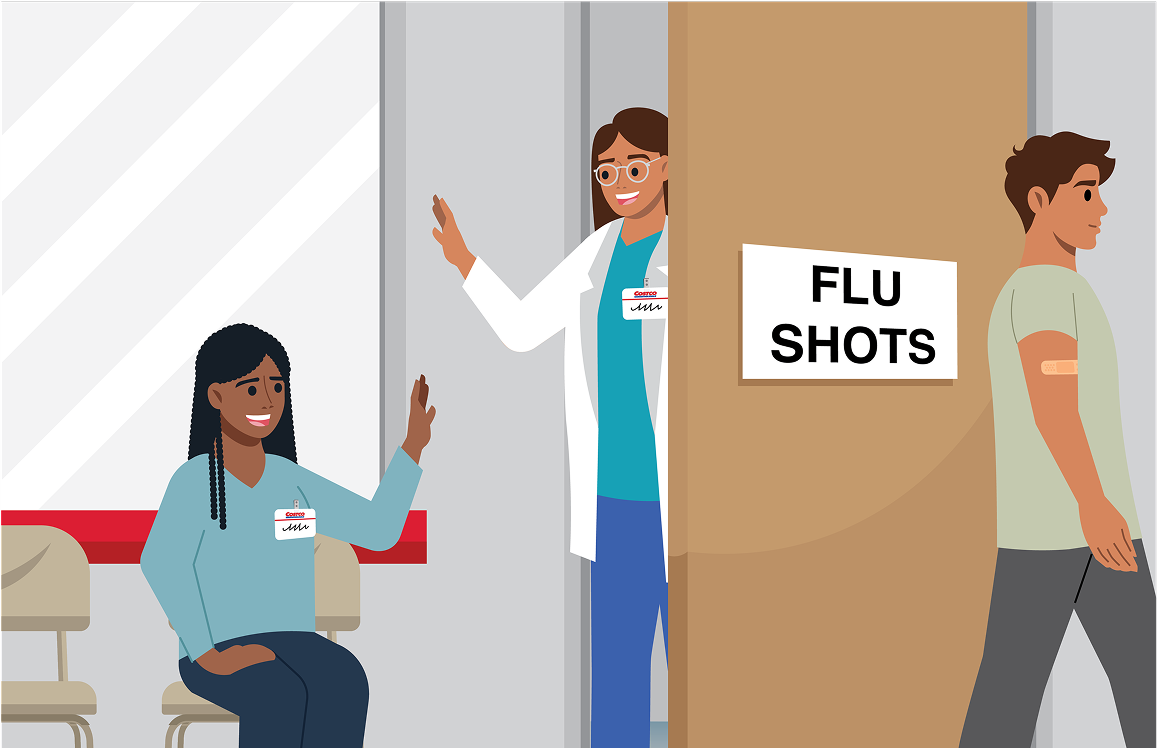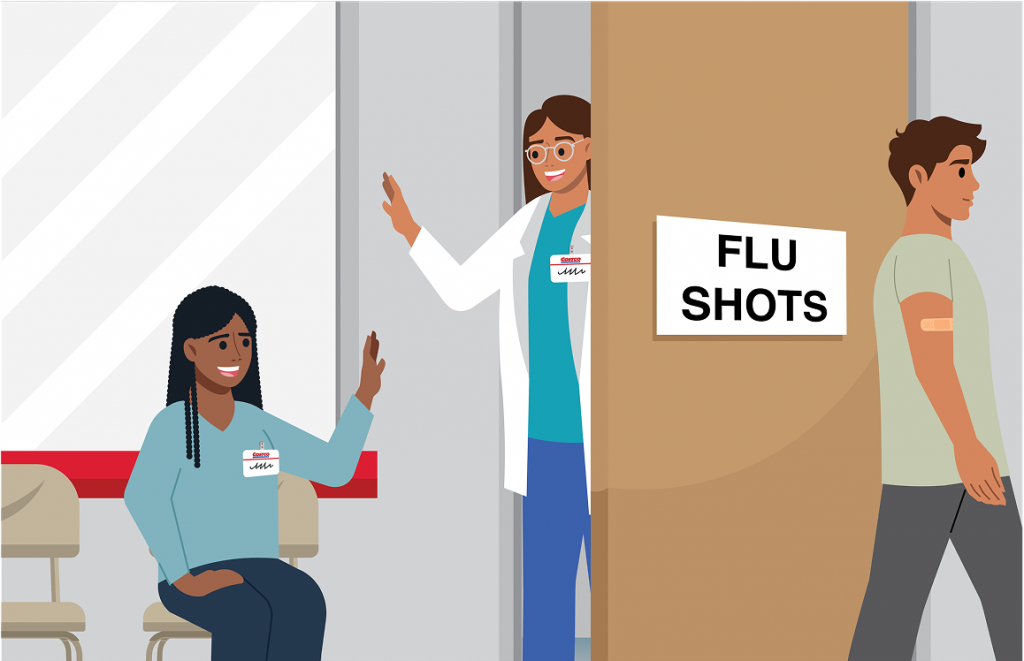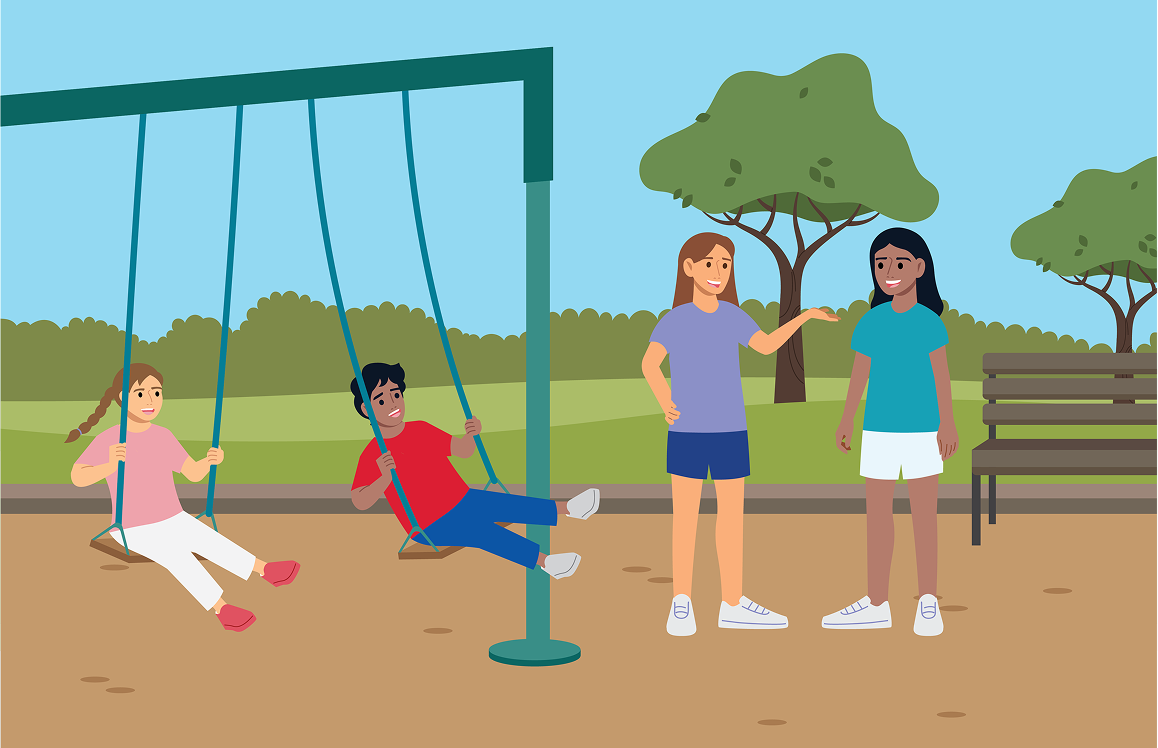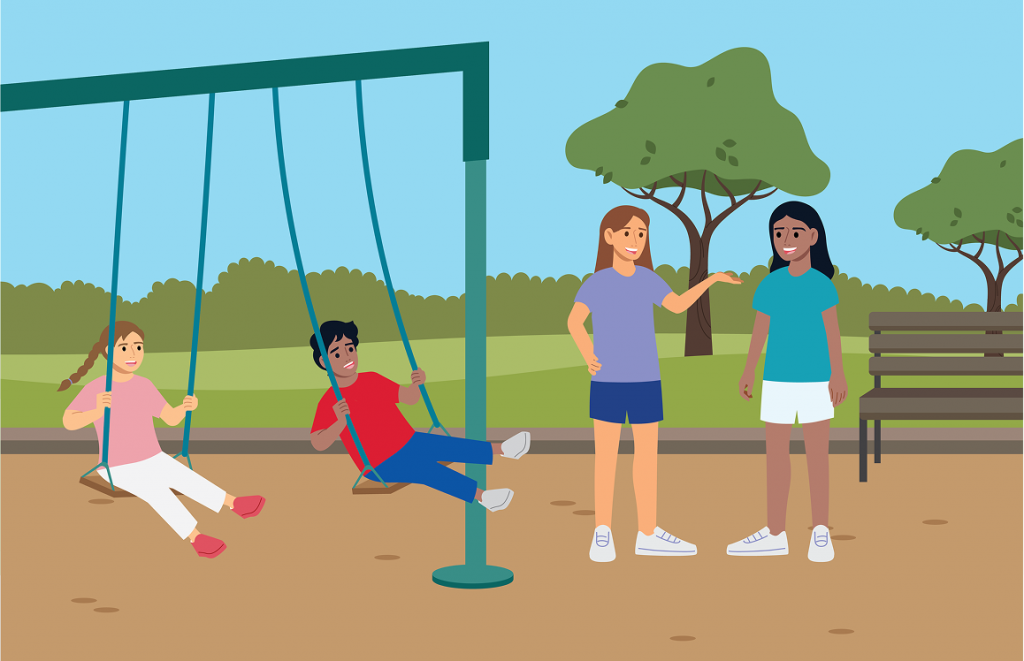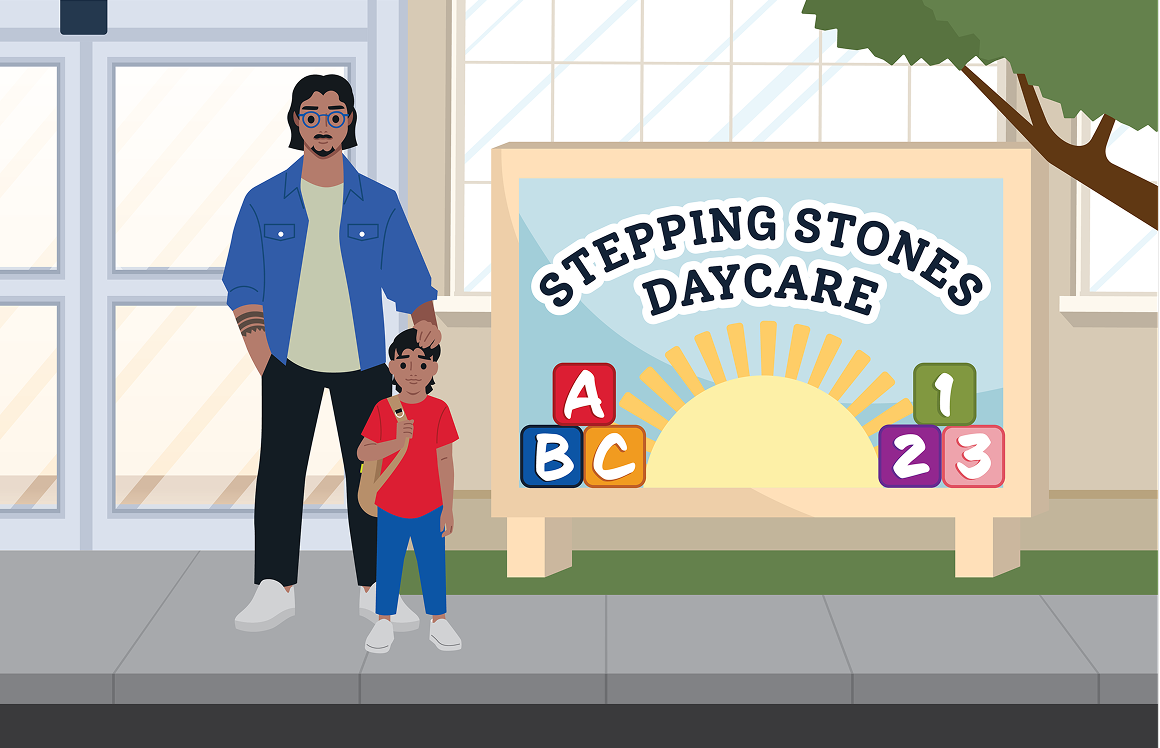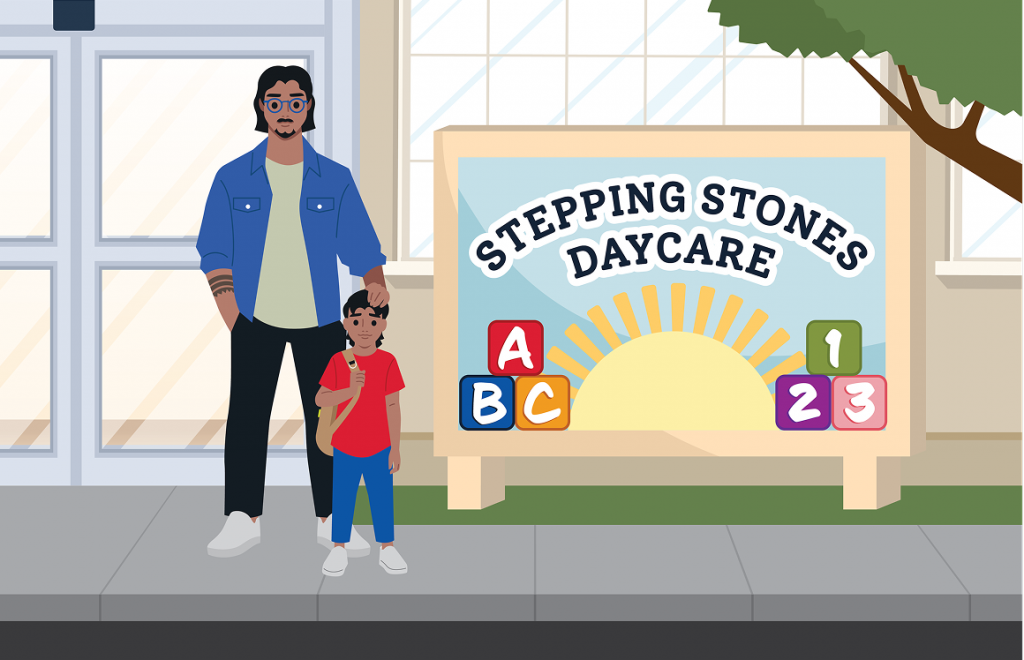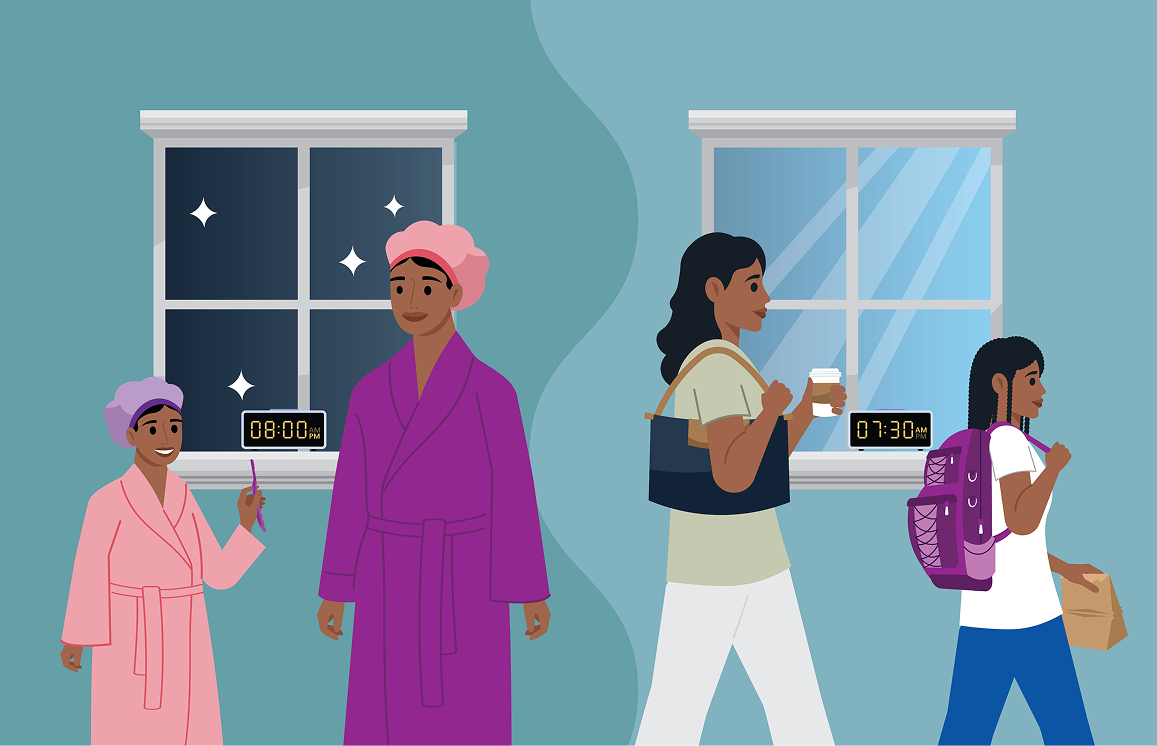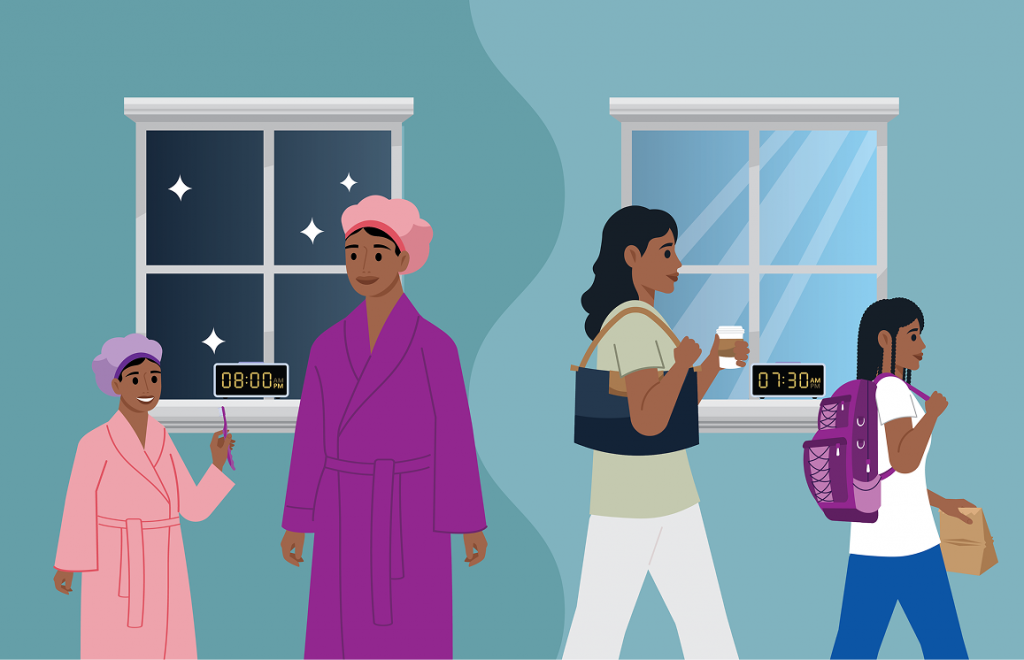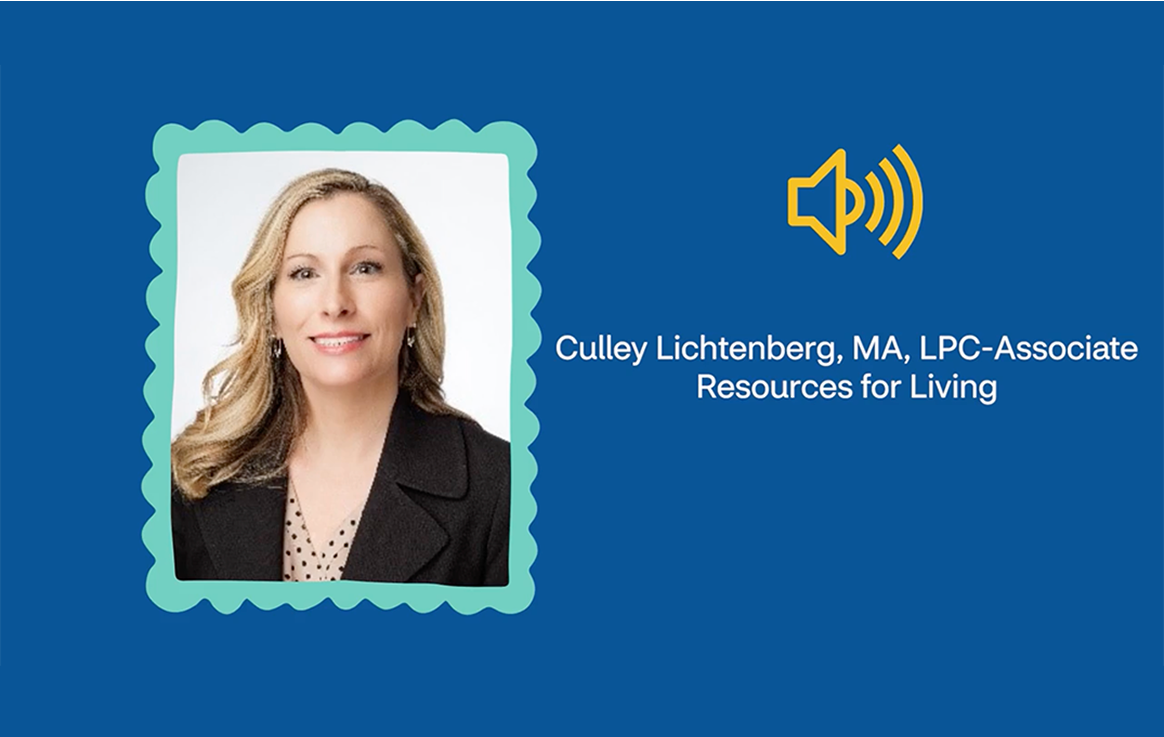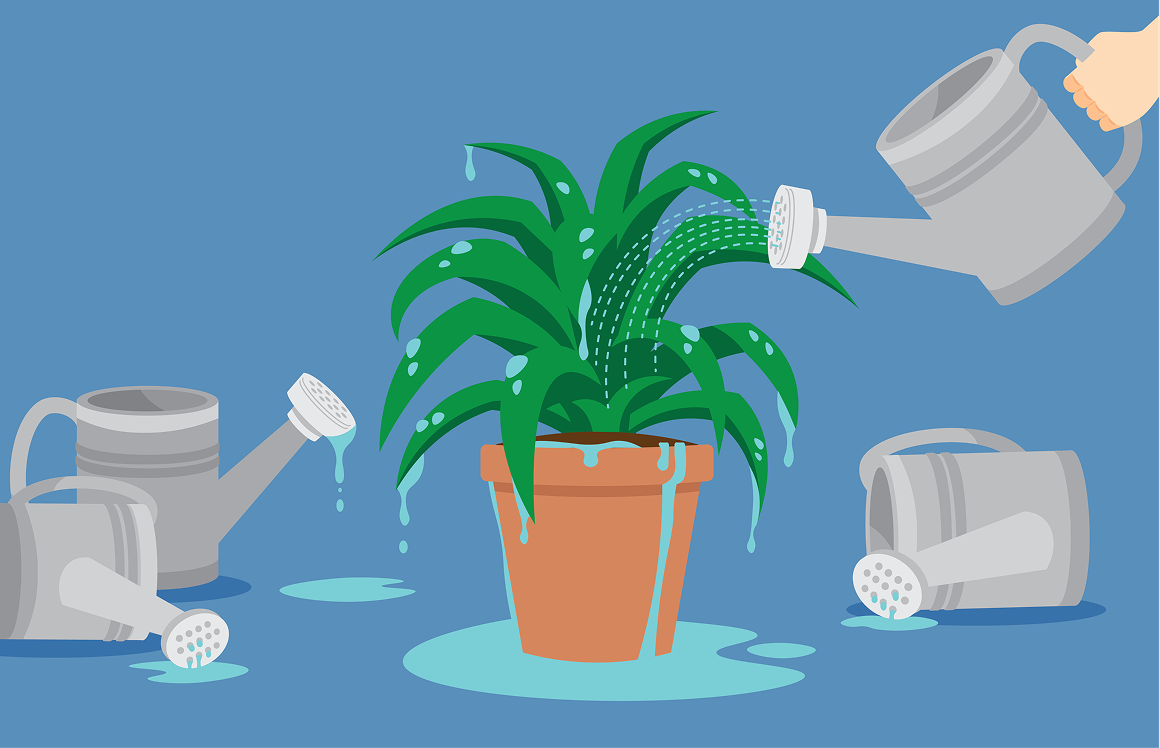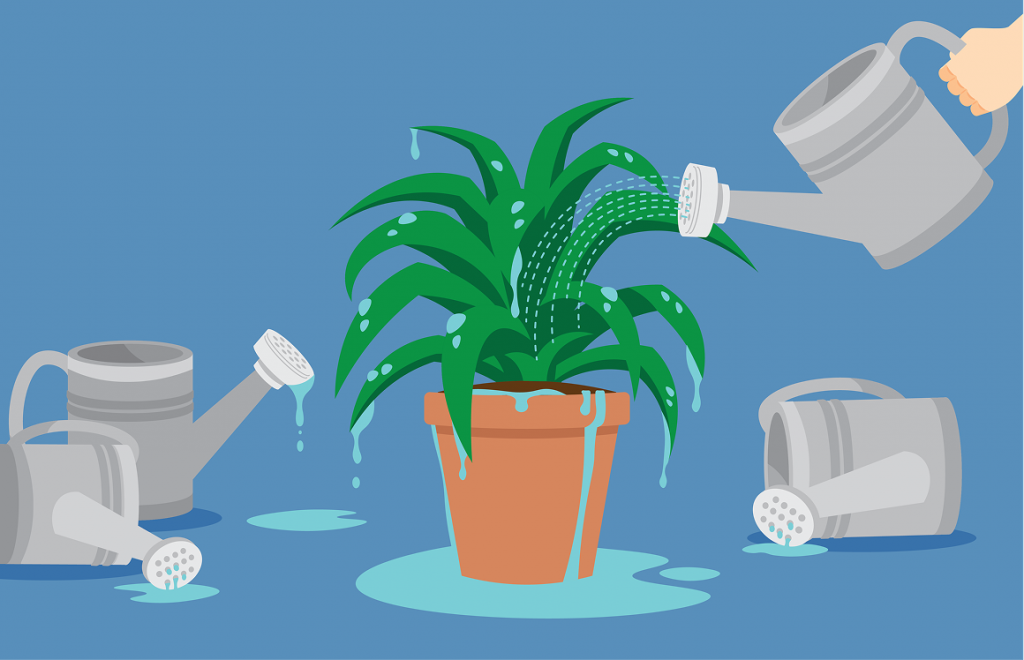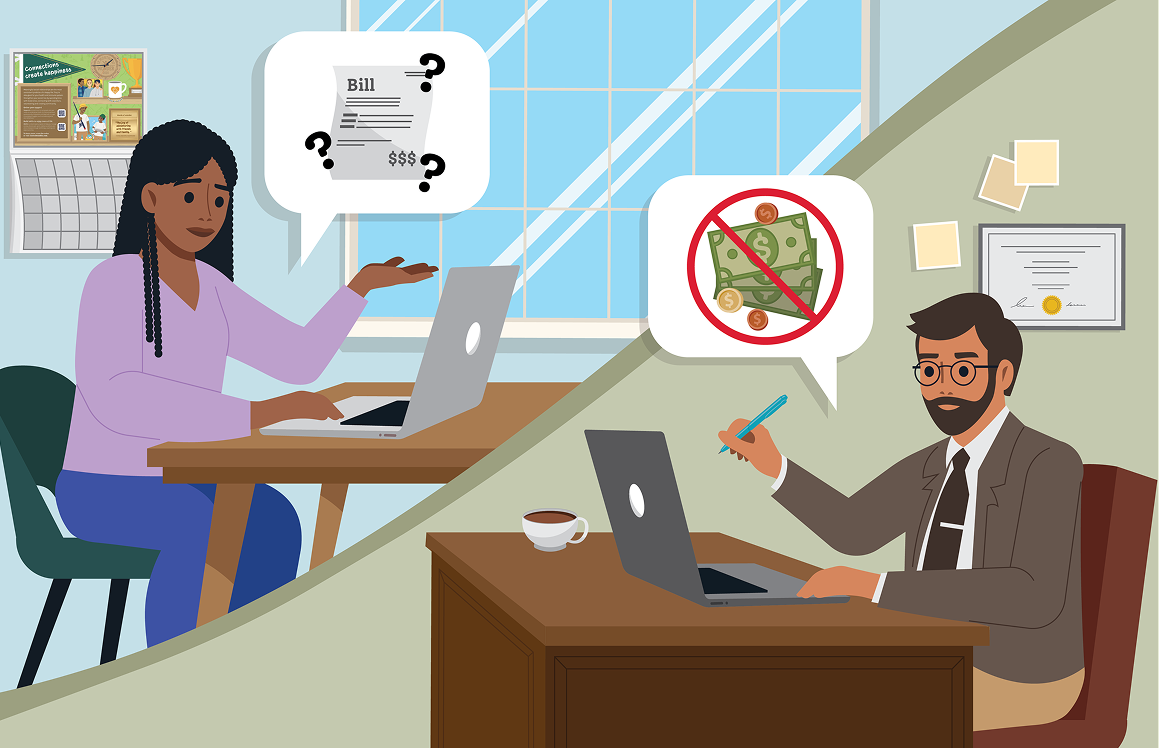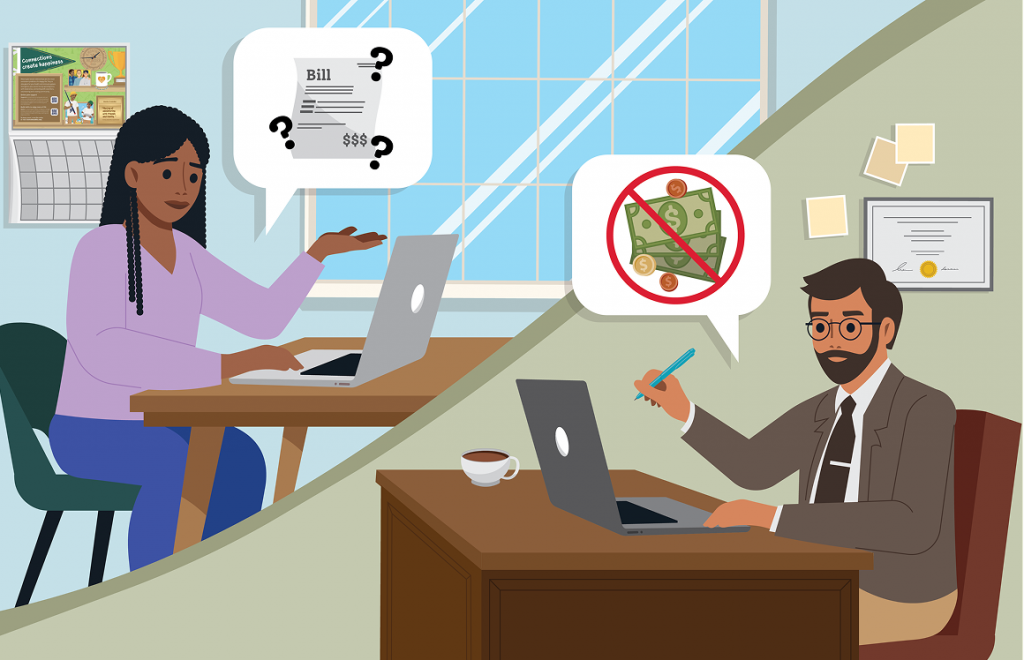Tired of setting goals but never quite reaching them? You’re not alone. Many people struggle with procrastinating, sticking to a plan and staying organized. It can be tough to stay motivated, especially after a setback.
Well-being coaching can help. Through Resources for Living®, you can work with a coach for free. They can help you make a plan and stay on track. Listen to Laura Horner, a well-being coach for Costco, share tips to help overcome challenges and better manage daily life.
Transcript: Making Personal Goals a Reality
Culley Lichtenberg: Hi, my name is Culley Lichtenberg. I’m a mental health clinician on the Resources for Living team, and we’re here to talk today about making personal goals a reality. A few common struggles people may face with accomplishing goals is procrastinating, making a plan and organizing your time. It can also be challenging when you do get off track and you lose motivation. If you struggle with the same challenges, it can be refreshing to know that you’re not alone and that there are approaches that you can utilize to help you find success.
This is exactly where well-being coaching can help. Well-being coaching is a new benefit offered through Resources for Living where you can meet with a well-being coach who will help you make a plan and will make sure you stay on track so you can meet your goals, and it’s provided at no cost to you.
Today, we get the privilege of talking with one of Costco’s well-being coaches, Laura Horner, who can give us helpful tips to help with common challenges with meeting goals, or even just managing your day-to-day life more successfully. Hi, Laura. Thank you for being here today. Tell us about yourself and what got you interested in being a well-being coach.
Laura Horner: Hi, Culley. Thanks for having me. I’m an associate certified coach with the International Coaching Federation and have been a well-being coach with Resources for Living for a little over three years. Prior to joining Resources for Living, I had a supervisory role with a non-profit organization that used coaching as a leadership model, so that was my first glimpse into the coaching world. There is something almost magical that happens in coaching when a person starts to see a path to their goal or starts to believe in their own potential, and I feel incredibly fortunate to be able to do this work.
Culley Lichtenberg: Laura, what are some life hacks that you have for accomplishing goals or to build better habits for daily tasks, like getting the kids to school on time or exercising, and for larger goals, like running a marathon or moving forward in your career?
Laura Horner: Great question. Two things come to mind for me when I think about common challenges with accomplishing goals, time management and being organized. Here are some approaches that may help. First of all, know yourself and how your brain best operates. If you know when you have the most mental energy or what your main distractions are, you can use a daily calendar to schedule specific tasks, and be strategic about it.
For example, if you have more mental energy in the morning, that may be the best time to work on bigger projects or things that are challenging or less interesting. I had a client who was trying to eat healthier throughout the work week, but meal planning was really boring for her. She was able to identify that Saturday mornings were a good time for her to focus on meal planning because she was energized for the weekend and her kids were still asleep.
Culley Lichtenberg: For the people who have never worked with a coach, can you share a little bit more about the process?
Laura Horner: To get started, my client gathered healthy recipes she found online and saved them on her phone in a folder she endearingly referred to as Project Health. This helped her stay organized so she knew where to go each week to pull an ingredient list. Then we looked at her past experiences and successes in organizing projects. She identified that scheduling activities on a calendar is a useful tool for her. She found it helpful to schedule time to go shopping so she could be ready for Saturday morning meal prep.
We also explored her ideas to make the experience of meal prepping enjoyable. She already had a morning routine of starting her day with her favorite tea, and she had the idea of using meal prep time to catch up on some of the podcasts she enjoys. These additional ingredients to her process really helped her stay motivated and engaged.
Taking the time to plan and organize what she needed to complete her goal was essential. Learning approaches to make it easier to follow through with the work helps her find success. She now just opens the fridge on Monday morning and grabs the prepackaged container filled with healthy food, and she’s out the door for work. We worked together to personalize a plan and strategize around obstacles that arose, so she was able to meet her goal.
Culley Lichtenberg: I like that you found what worked best for her and her daily schedule, but what happens when it’s hard for you to stay focused during that time?
Laura Horner: Absolutely. If you know you are easily distracted, block out time in your day to engage in those distractions. Knowing you have dedicated time for, say, social media after work may make it less of a temptation when you are working on something that’s important but maybe not mentally engaging.
Similarly, remove distractions from the areas where you are working on the task at hand. Put your phone on silent or in a different room. Remove distractions like books, photos, other electronics. Basically, make it easier to complete your task by designing your environment to accommodate your goal. Another approach to consider is setting up your days in ways that help support your goals.
Culley Lichtenberg: What do you mean setting up your days in ways to support your goals? That sounds really important.
Laura Horner: One way to do this would be to start small and build routines. If someone wants to get up early and exercise before work, the first step might be to simply start waking up at the desired time, whether they get up or not. And once they have established some consistency with waking up earlier, they can add in getting up and then build an exercise after that.
Something I’ve been working on personally is setting up my space to support the things I’m working on. I’m terrible at drinking water and my body is always finding a new way to punish me for that. What I’ve started doing is filling up my water bottle before bed and putting it on my desk so it’s ready and available first thing in the morning. And this has been incredibly helpful in helping me to stay hydrated.
Culley Lichtenberg: That’s really a good idea. So you don’t have to struggle to start making those desired changes. What if you struggle with something like organization?
Laura Horner: Great question. Some people may find it helpful to use tools to stay organized with less effort along the way, like a shared family calendar so you can all make a plan that you can stick to. Color coordinating materials by topic and storing them in specific areas can make things easier to find when you need something. You could even wear a wristband to remind yourself to do more of something, like be more active or drink more water throughout the day. These small daily approaches can really help to remove distractions and common frustrations that can derail you from your goal.
Culley Lichtenberg: One thing I appreciate about each of the approaches that you mentioned is that I don’t have to go buy something or do anything to get started other than make adjustments in my daily life just as it is right now. And it shows me that making positive changes is possible and that by structuring my day just a bit differently, I can start to meet my goals.
Laura Horner: Exactly. That is what well-being coaching can help with. I help my clients make plans, organize their time and track their progress so they can reach their goals. Those goals can be anything from creating self-care routines or adopting a healthy lifestyle or something bigger. You mentioned career goals, or even connecting with a sense of purpose after a big life change.
Culley Lichtenberg: If you’ve got goals to work on or areas of life that you want to improve, take advantage of your well-being coaching service provided at no cost to you and your household members over the age of 18.
Call 833-721-2320 or go to
rfl.com/Costco to learn more.
Resources For Living
The EAP is administered by Resources For Living, LLC. This material is for informational purposes only. Information is not a substitute for professional health care and is not meant to replace the advice of health care professionals. Contact a health care professional with any questions or concerns about specific health care needs.
©2025 Resources For Living | (8/25)

